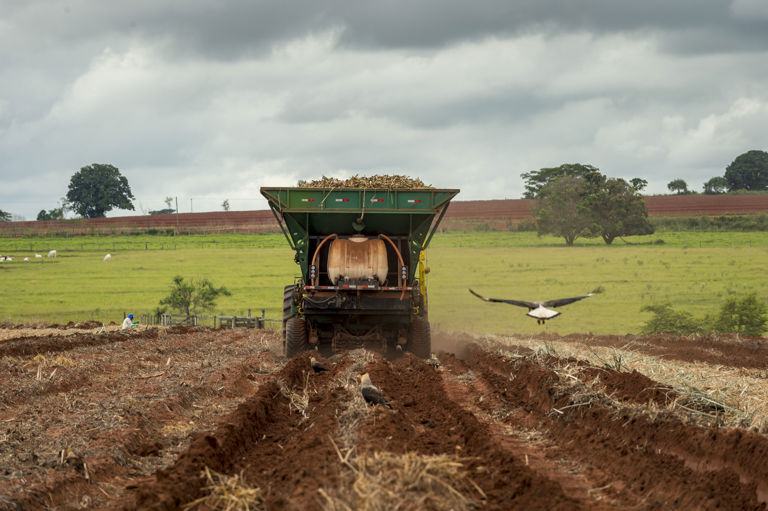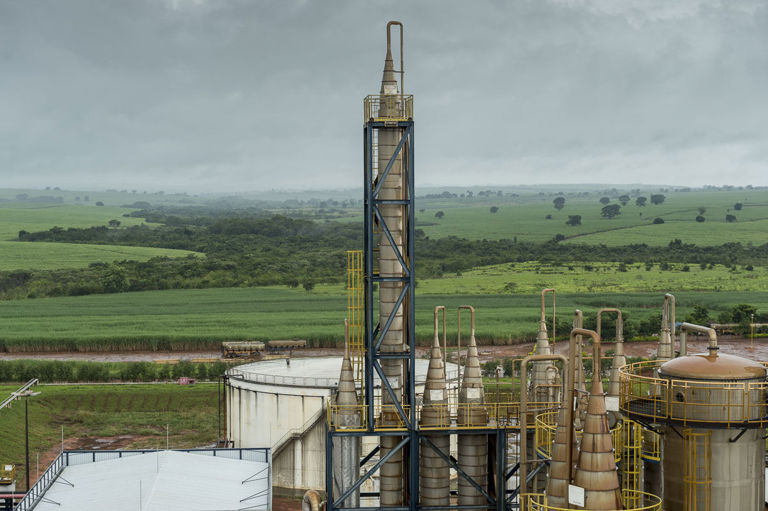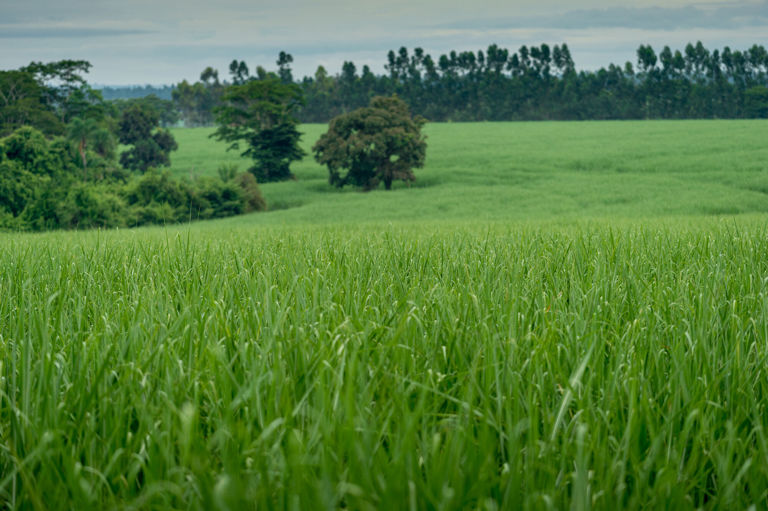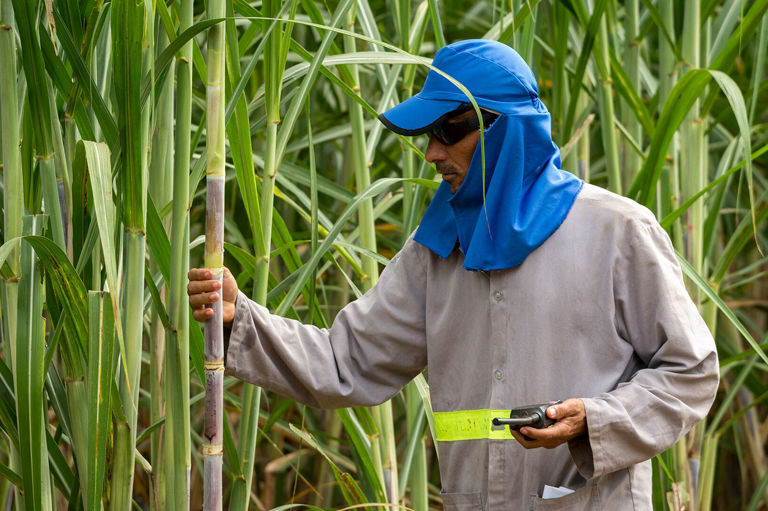
Managing our environmental impact
We strive to reduce our environmental impact as we work towards meeting the food demand of a rapidly growing global population.
Our Environmental Policy outlines our commitment to optimise our processes and invest in technologies that further reduce our environmental footprint. With our direct environmental footprint primarily deriving from our crushing plants, refineries, port terminals, warehouses and sugarcane fields, we focus on applying our Environmental Management System here. It systematically identifies and manages our risks in line with ISO 14001, IFC Performance Standards and World Bank EHS Guidelines, among others.
Low carbon operations
Over 80% of our global energy needs are met by renewable sources, largely thanks to combustion of bagasse, wood and other biomass waste from production. That said, we remain committed to further improving our energy and carbon efficiency. Shipping is one such example.
Preserving water sources
With agriculture accounting for around 70% of water use globally, we have a responsibility to promote water efficiency within our farming and industrial operations.
We strive to minimise freshwater withdrawal by increasing water efficiency and reuse. We also practice responsible effluent management to conserve local water sources.
Managing waste
Across biomass residual waste, chemicals, waste oil, construction waste and used personal protective equipment, our waste management approach is to produce less, recycle more and dispose responsibly.
Biodiversity around our sites
Our environmental management system details our approach to preserve biodiversity and natural habitats surrounding our own facilities. For instance, prior to commissioning green field projects, we conduct environmental and social impact assessments to understand and mitigate possible negative environmental impact, including impacts on biodiversity.
Case studies

Powering homes from sugarcane waste
Each year, 4 million tonnes of sugarcane byproduct powers not ony our Brazil sugar mills, but also the equivalent of 330,000 homes. Bagasse powers our generators, while creating over 600 MWh in surplus clean energy. This is sold to Brazil's energy grid, creating a sustainable revenue stream for our business. This 'circular' process has been granted the Green Energy Seal for bioenergy production.

Managing shipping emissions
Every year, we transport more than 50 million tonnes of commodities by sea. By switching to low-sulphur fuel, we are on track to further reduce carbon and sulphur emissions of our global fleet. For time-chartered ships, we are monitoring fuel use and carbon emissions, maximising fuel efficiency by optimising vessel speed and deploying artificial intelligence for more efficient fleet planning.
Under the Getting to Zero Coalition, we collaborate with industry peers and stakeholders towards the goal to make zero-emission vessels operational by 2030.

The water cycle in action, Brazil
At our Potirendaba sugar mill in Brazil, we feed vinasse - effluent from sugarcane crushing - through a special concentration process to produce organic fertilizer for our sugarcane fields and recycled water that flows back into the industrial process.
We are the first company in Sao Paulo State to register this organic fertilizer with the Ministry of Agriculture. This project has hugely boosted water efficiency and reduced our water footprint in the region.
We are currently replicating the same practice at two more sugar mills in the State.

Recycle and reuse wherever we can
In Brazil, we apply organic residue from sugar production back to sugarcane fields. This ranges from sugarcane leaves and boiler ash, to filtered cake and nutrient-rich effluent.
By reusing this residue, we also reduce synthetic fertilizer use, conserving the soil and the environment.

Native vegetation and biodiversity conservation, Brazil
Around the sugar fields we lease and source from, we are protecting plants along waterways and perimeters. Since 2001, we have planted over 1.6 million native seedlings.
Flora and fauna are monitored at dozens of monitoring sites, as well as water quality of nearby rivers, to ensure minimum impact of our operations on local ecosystems and biodiversity.

Drone-track of land use, Brazil
In 2018, we introduced drones to aerially map permanent preservation or reforestation areas in and around our sugar fields. Footage helps farmers better monitor native vegetation land cover and comply with conservation standards.







